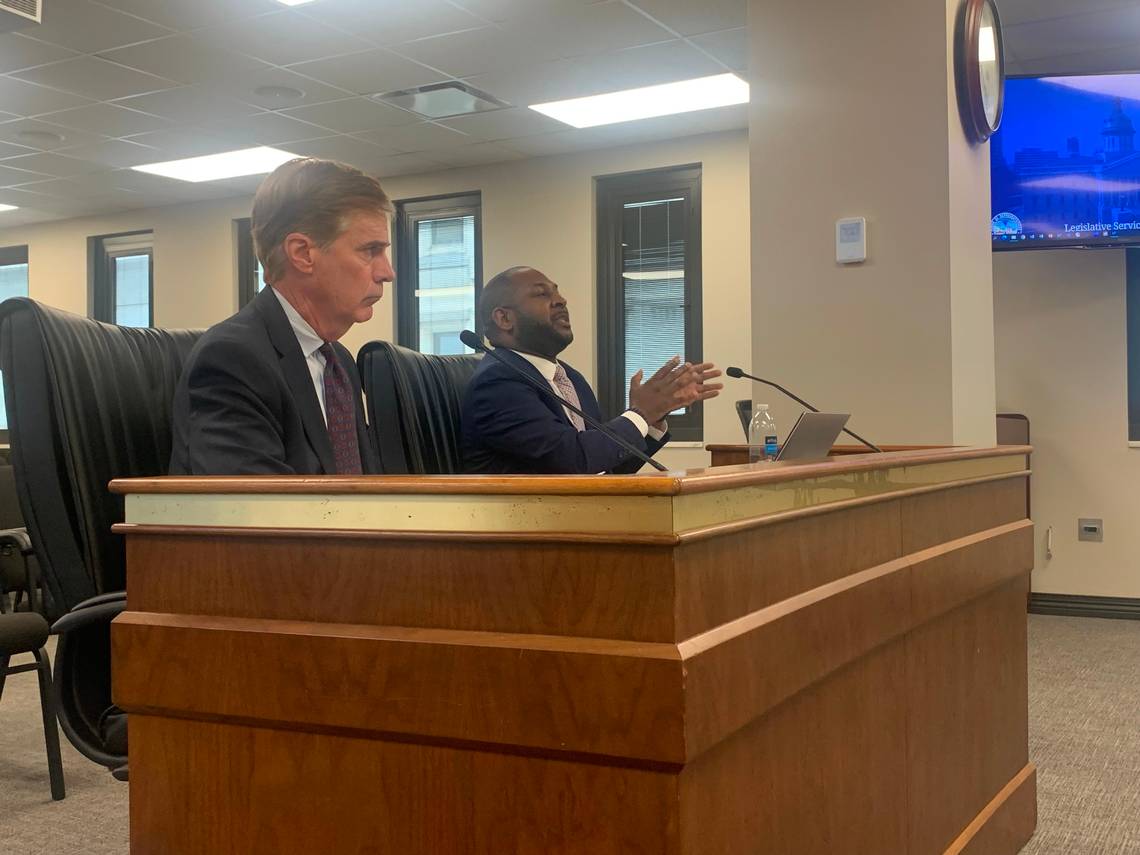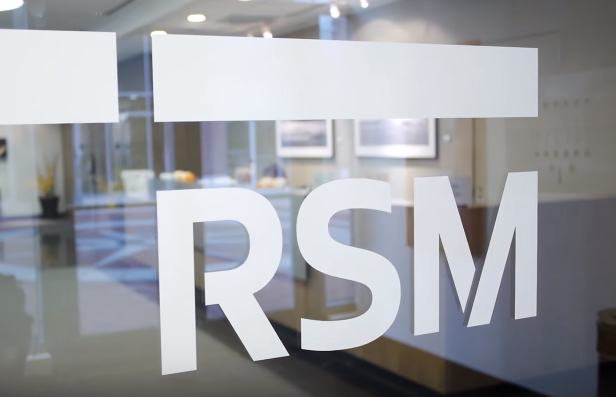E-retailers in need of quick cash can add PayPal to a growing list of non-traditional sources for financing, as mainstream lending to small businesses continues to lag.
The online-payment giant offered 90,000 of its U.S. merchants the option of borrowing 8 percent of their yearly PayPal revenue, up to $20,000, through the Working Capital pilot program. PayPal has extended the program past its initial three-month trial run, with plans next year to go global and likely more than double the loan maximum, said Darrell Esch, vice president of small-business lending at PayPal.
PayPal charges clients a flat fee but no periodic interest or miscellaneous fees. Clients repay the flat fee and principal by allowing PayPal to deduct 10 percent to 30 percent from daily receipts.
Borrowers are charged a lower fee if they allow a higher percentage to be deducted. For instance, a business owner who has the maximum of 30 percent taken out of daily receipts will pay a $281 flat fee on an $8,000 loan, whereas someone who opts for the 10 percent deduction pays a $947 flat fee, according to a sample PayPal fee chart.
A borrower in the former example would pay an annual rate of 23 percent if the loan is repaid within 14 weeks. That's higher than the national credit-card average of 15 percent, based on a CreditCard.com survey, but significantly lower than an average payday loan, which according to the Consumer Financial Protection Bureau is 399 percent.
If a small business doesn't record any sales on a particular day, then nothing is deducted. PayPal promises no hard repayment deadlines, late fees or credit checks.
PayPal can afford not to conduct credit screenings because it essentially cherry picks its borrowers. The company's lending decisions are based on financial data it already has on its merchants, from sales history to revenue. After a short vetting process, loans show up almost instantaneously in users' accounts. PayPal issues the loan, but the actual lender of record is Utah-based WebBank.
Merchants “love that they're getting money the same day,” Esch said. “They pay only when they're getting paid.”
PayPal has issued more than 4,000 loans through the program. More than half of borrowers reported using the loan to purchase inventory.
That was the case for Steve Contratto, a merchant in San Jose who sells new and refurbished electronics mainly through eBay and Amazon. The 40-year-old business owner used his $20,000 PayPal loan to stock up on new electronic sale items to prepare for the holiday shopping rush.
He resorted to the PayPal option after mainstream banks declined to lend, due to his short track record as a full-time business owner. He said he's put in several years as a part-time e-seller.
“When we tried to approach banks they didn't want to touch us,” Contratto said.
The small-business owner also tried Kabbage, an Atlanta-based company that advances cash to growing companies. He found the company's fees to be too high. Contratto says he's saving about 35 percent with his loan with PayPal but declined to say how much he's paying in fees.
Alan Fisher, executive director of the nonprofit California Reinvestment Coalition, views the PayPal option as a “reasonable emergency loan.” But used as a long-term solution? The fees “will bleed you dry,” Fisher said.
The Consumer Financial Protection Bureau is investigating PayPal and its owner, eBay, over another one of its financial products, Bill Me Later, according to an Oct. 18 regulatory filing by eBay.
The PayPal service works like a credit card, allowing online consumers on more than 1,000 retail websites to buy goods now and pay later after passing a credit check. Typically, consumers aren't charged interest if they pay off their debts within six months.
The eBay SEC filing reveals little about CFPB's civil investigation. But the filing does mention a class-action lawsuit that alleges the company has been evading state consumer-protection laws by “renting” a bank charter to extend credit through the Bill Me Later service. The lawsuit, initially filed in California and moved to a Utah court, outlined examples of consumers who were charged rates ranging from 41 percent to 115 percent through the service.
“We believe that plaintiffs' allegations are without merit and intend to defend ourselves vigorously,” eBay said in the same regulatory document. “However, this area of law is uncertain and if the lawsuit is successful, Bill Me Later may be required to change its methods of operations, pay very substantial damages and reduce some of its charges and fees, which would adversely affect our business.”
———————
Copyright 2014 – The Orange County Register
Thanks for reading CPA Practice Advisor!
Subscribe Already registered? Log In
Need more information? Read the FAQs
Tags: Accounting, Small Business



